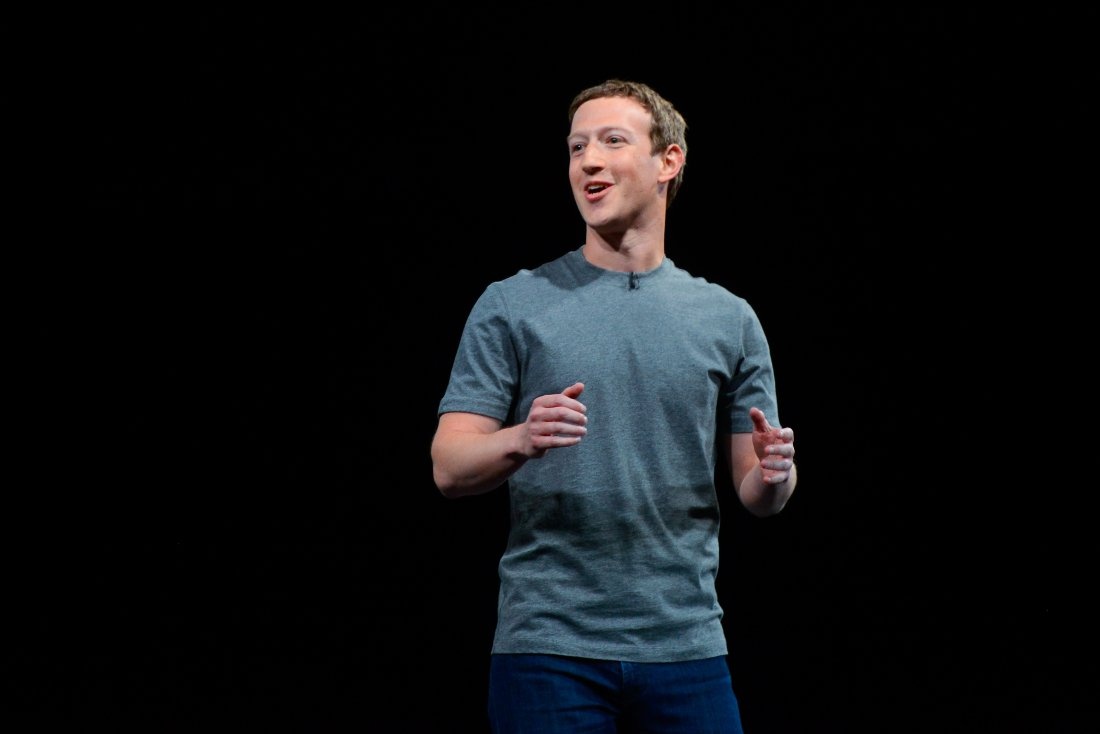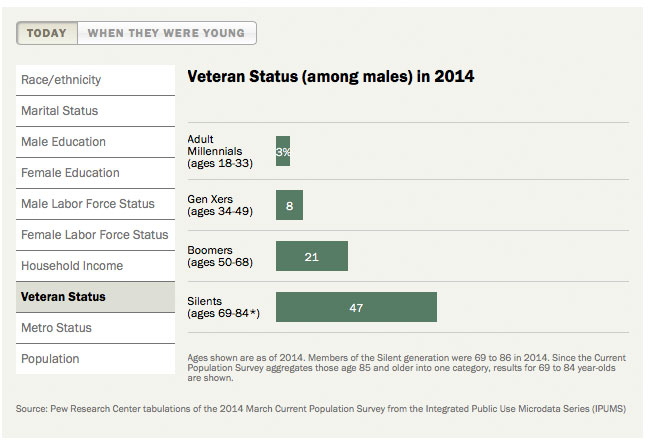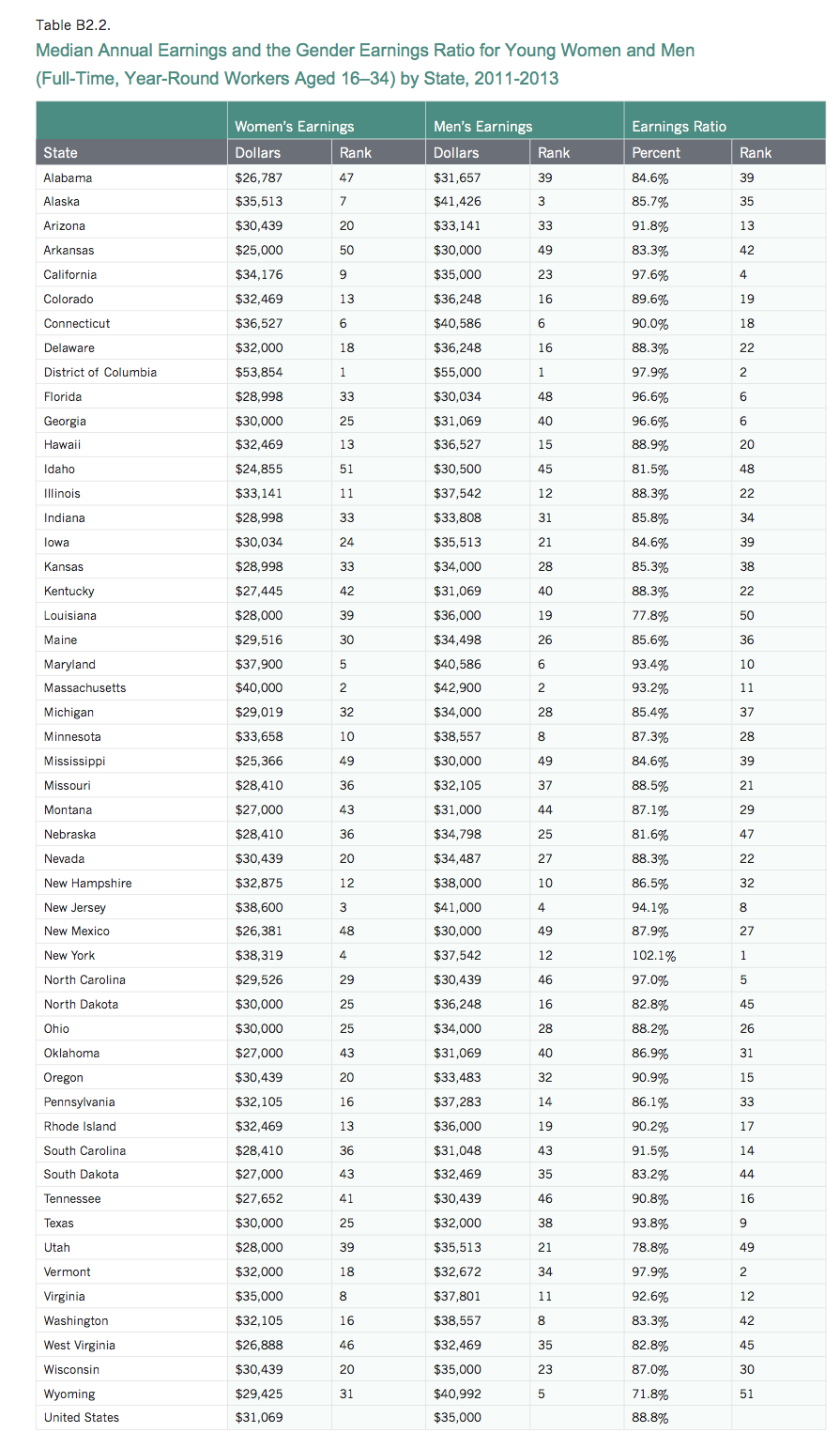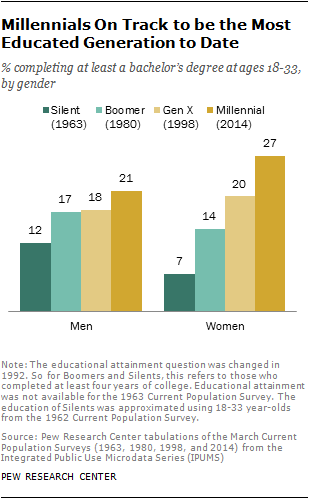Contingent Workforce 101: How to Recruit and Retain Millennials
 Millennials are one of the largest demographic segments in the US labor pool today and the millennial demographic is ultimately overtaking Baby Boomers. A sound hiring strategy will ultimately help you best understand how to recruit and retain the millennial workforce.
Millennials are one of the largest demographic segments in the US labor pool today and the millennial demographic is ultimately overtaking Baby Boomers. A sound hiring strategy will ultimately help you best understand how to recruit and retain the millennial workforce.
Over the past decade, scores of marketers and professional researchers have exhaustively analyzed millennials and there is plenty of good sources and information to help formulate a hiring and retention strategy for this demographic. Keeping in mind that surveys and models point to general trends, to follow are a few of these key sources and highlights.
5 Key Data Points Employers Need To Know About Millennial Workers
Depending on the researcher you follow, millennials are generally defined by their birth year. According to the Pew Research Center, millennials are those born between 1981 and 1998. In the United States, the millennial demographic is estimated at 69 million – almost the same size as the Boomer group. To better understand millennials, consider the following data points:
1. High Levels Of Education
Millennials have been encouraged to pursue advanced education in large numbers. Over one third of millennial adults possess a bachelor’s degree, a level of achievement that is noticeably higher than the Silent Generation, Boomers and Gen Xers. For instance, among Silent generation women, a mere 7% had achieved at least a bachelor’s degree by the time they were at the age of 18-33; whereby, a whopping 27% of female Millenials in the same age range have completed at least a bachelor’s degree. Millenial men, similarly, have also seen incredible increases since the Silent generation with 9% more of the 18-33 male gender having achieved at least a bachelor’s degree. By the time this generation completes its educational journey, it will likely be our most educated generation.
2. High Debt Levels
 The millennial passion for education has come at a high cost. The class of 2003 had an average of $18,271. For the class of 2016, that average now exceeds $25,000. As a result, some employers have started to offer benefits specifically targeted at student loans. (Source: Time)
The millennial passion for education has come at a high cost. The class of 2003 had an average of $18,271. For the class of 2016, that average now exceeds $25,000. As a result, some employers have started to offer benefits specifically targeted at student loans. (Source: Time)
3. Fewer Military Veterans

Companies may want to revisit their recruitment programs aimed at veterans as less than 5% of millennial males are veterans (compared to 21% for Boomers and 8% for Gen Xers).
4. Average Salaries Lagging Behind Their Parents
According to the Institute for Women’s Policy Research, the average income of millennial women was $30,000 ($35,000 for men) in 2013. Boomers and Gen Xers earned higher incomes when they were at the same age range. (Source: Business Insider)
5. Lack Of Work-life Flexibility Drives Millennials Away
If you want to keep millennials in your organization, accommodate their needs for flexible schedules and work arrangements. EY, a major accounting and consulting firm, has found that some millennials are willing to accept lower pay in return for greater work-life flexibility. (Source: Washington Post)
4 Ways To Attract Millennial Talent
Designing a recruitment strategy aimed at millennials requires a combination of traditional approaches and speaking to millennial needs. As with any marketing effort, make sure that your claims such as work-life balance are matched by the reality of your workplace.
1. Emphasize Work-Life Flexibility
If your organization is equipped for work from home and flexible hours, emphasize these facts in your recruiting campaign. You may need to provide web cams and teleconference services to support this program.
2. Offer Debt Management Benefits
In addition to offering competitive pay, find ways to help millennials get out of debt. For example, you may be able to offer low cost loans in partnership with a credit union. Some companies like Fidelity Investments and Aetna have offered debt repayment assistance programs. It’s one of the best ways to signal that you understand millennial challenges.
3. Use Social Media To Connect With & Research Your Target Millennials
In addition to publishing content, social media is also an outstanding research tool. Once you have a target market concept for your desired hires, start passively monitoring groups where they congregate online like LinkedIn Groups.
4. Use Online Video To Attract Millennial Talent
Employers that routinely hire large numbers of college graduates like Microsoft and Deloitte have developed YouTube channels that provide video interviews with their staff. Consider this approach for your company.
3 Ways To Retain Millennial Workers
Keeping workers engaged in their work is not a new problem. Keeping millennials productive and engaged relies on a combination of traditional and new approaches.
1. Feedback
Through their formal education, millennials have been accustomed to receiving regular feedback from teachers and professors. Therefore, an annual performance review is not going to cut it. Instead, look for ways to provide constructive feedback on a weekly and monthly basis.
2. High Quality Technology
Does your company run on ancient computers? Forcing millennials to use out of date technology will frustrate them. At the very least, make sure that you provide them with up-to-date laptops and devices to use in their daily work.
3. Customized Career Paths
Millenials grew up in the age of “mass customization” – the ability to get computers, clothes and other products exactly how they want them. In the workplace, that preference translates into customized career paths. Take the time to listen to your staff, provide opportunities relevant and you will see your attrition drop.
As millions of baby boomers continue to exit the workforce, hiring and retaining millennial talent will only become more important. Talk to one of our contingent workforce specialists to find out how you can better hire and retain millennials.
